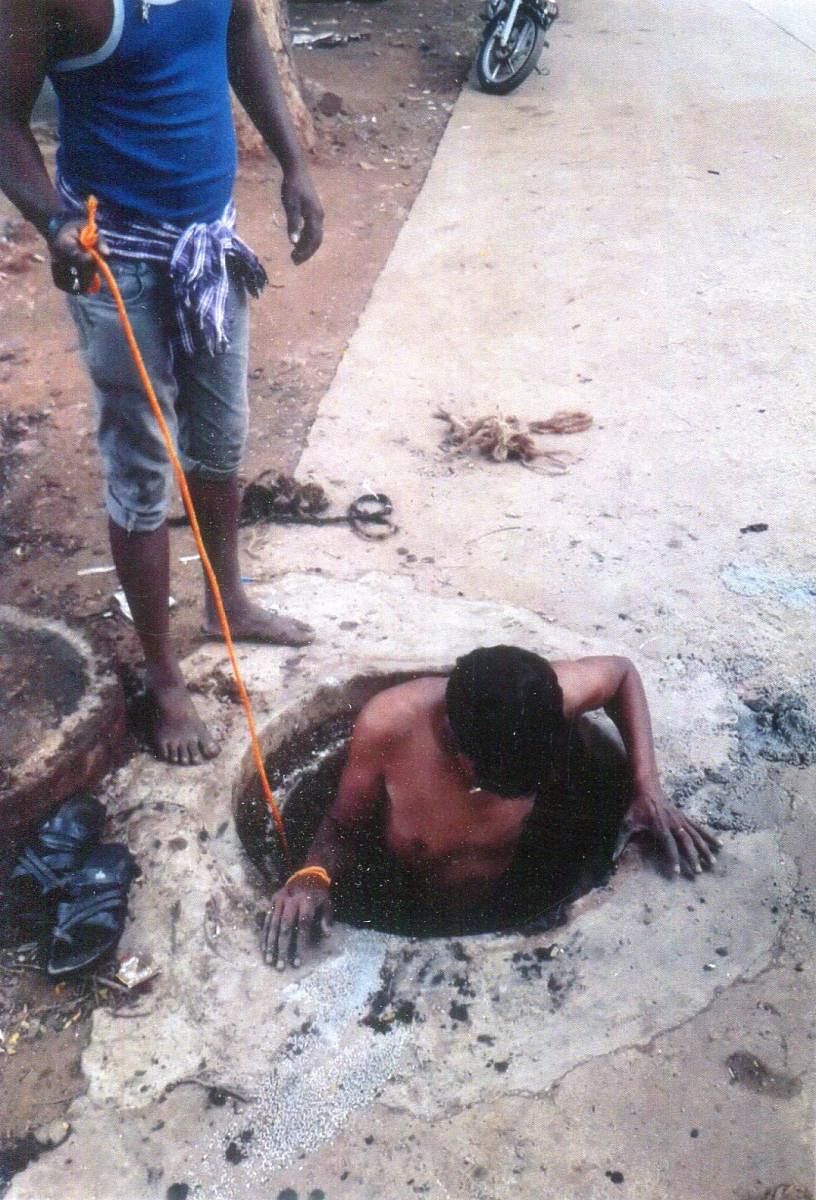A pilot survey of six of Karnataka’s 30 districts has found 1,720 manual scavengers. This is shocking for several reasons. For one, manual scavenging is banned in the country; yet its practice continues. Secondly, only last year, in an affidavit submitted to the Supreme Court, the Karnataka government had stated that manual scavenging is not practiced in the state; there aren’t any manual scavengers in the state, the government grandly claimed. As the figures of the recent pilot survey, which was conducted by the National Safai Karmachari Aayog (NSKA) reveal, manual scavenging persists in Karnataka. On what basis then did the Karnataka government tell the Supreme Court that there are no manual scavengers in the state? Clearly, the government was being disingenuous in presenting the real picture before the apex court. Moreover, the number of manual scavengers in Karnataka is worryingly high. The NSKA figures pertain to just six districts. The state-wide figures are likely to be five times larger.
India has laws that prohibit the employment of manual scavengers and the construction of dry latrines. Laws also provide for punishment of those who perpetuate the practice and rehabilitation of those working as manual scavengers. Still, it continues to be practiced across India. Around half-a-million people are forced to enter choked sewers and septic tanks to clean, carry and dispose of human excreta. They are forced to engage in this dehumanizing activity because they have no option. The need to earn a living is forcing people to work as manual scavengers. Poverty, unemployment, the caste system and an insensitive society are keeping this practice alive. The Karnataka government should have been at the forefront to implement the laws prohibiting the practice of manual scavenging. It is distressing that, instead, the government has simply denied the problem’s existence. Denial will not make the problem go away. Adopting technology is one way to eliminate manual scavenging. At least 15 innovations have been developed in India to replace manual scavenging. Why are governments reluctant to use them?
According to the NSKA, around Rs 120 crore was allocated for rehabilitation of manual scavengers, but this has been included by the Karnataka government for use in the loan waiver scheme. This allegation must be investigated. It is well-known that the health of manual scavengers is poor. Handling of human excreta without protection leads to multiple health issues like cholera, hepatitis, meningitis and typhoid. It is time manual scavenging is eliminated root and stem from our society.
